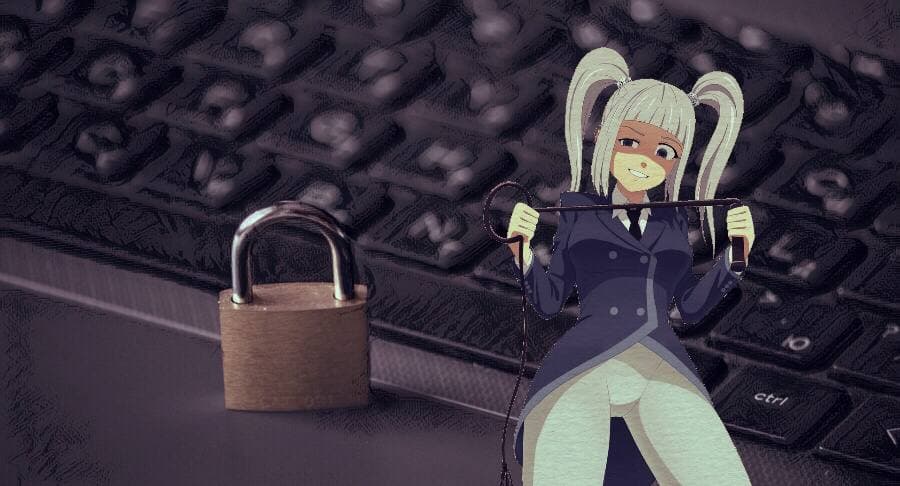Roskomnadzor Reports August Takedown Statistics
Roskomnadzor, Russia’s federal communications watchdog, published its official August report on content removal. According to the agency, over 5,000 pieces of material containing child pornography were taken down during the last month of summer.
The agency also reminded the public about the launch of its own internet monitoring system in 2017. Over the past four years, nearly 218,000 violations have been identified: 77% were found by Roskomnadzor’s monitoring service, while the remaining 23% (about 51,000 materials) were reported by citizens.
Public Questions and Criticism
There has been a noticeable increase in challenging questions from users, many of which echo the views of “RosKomSvoboda.” Critics argue that blocking content does not solve the problem of child abuse; instead, those who commit crimes against minors offline should be prosecuted, not just have their content restricted.
Some users have asked how many posts critical of the authorities have ended up on the banned list. Others recalled the blocking of IP addresses belonging to internet resources that had not violated any laws.
In addition to links genuinely related to child pornography, anime, hentai, and other Japanese cultural content are often banned as well.
Drug-Related Content
Drug-related content also remains a focus for the agency. According to Roskomnadzor, 10,000 such materials were removed in August. Since 2019, about 119,000 violations have been identified, with 44,000 found using Roskomnadzor’s own system. User reports accounted for 75,000 materials, or 63% of all detected links.
Simple math shows that, on average, Roskomnadzor has been banning about 5,000 links per month over the past two years. With 10,000 blocked in August, it’s clear that there is no decrease in the spread of drug-related content online.
This was already noted back in 2017, and users continue to point out that “stash” drops and drug dealing in neighborhoods continue unchecked, while local police do little to intervene. As one user put it: “Stashes are still being made in courtyards, under windows, on playgrounds, and no one is catching the dealers or users. The local police just sit in their offices instead of patrolling the neighborhoods. I can’t even remember the last time I saw a police officer on foot patrol.”
Sometimes, internet services unrelated to drug dealing are blocked simply because authorities find indirect references to drugs or their use. Wikipedia was among the first to be affected and continues to face such issues. In 2021, the Ministry of Internal Affairs made several high-profile claims: rapper Morgenshtern was fined 100,000 rubles for two YouTube videos, a case was opened against journalist Yuri Dud, Ksenia Sobchak’s interview with Andrey Makarevich was blocked, and a 1998 interview with punk rock legend Egor Letov was also banned.
Content Related to Suicide
According to Roskomnadzor, 7,000 pieces of content promoting suicide were discovered in August. Since 2017, 370,000 such materials have been identified, with 323,000 found by the agency’s monitoring service.
Back in 2017, authorities themselves admitted that the statistics in this area are discouraging and tend to rise rather than fall, proving that removing such content from the internet has no real effect. Once again, users have not received an answer to the reasonable question of whether Roskomnadzor’s actions have actually reduced the number of crimes.
Moreover, under the guise of “combating suicide propaganda,” authorities often censor news, block song lyrics, and restrict other content that contains no calls for suicide. “RosKomSvoboda” frequently reports such cases on its website and social media.
Transparency and Effectiveness
Roskomnadzor deserves some credit for providing information about its work, as these data once again demonstrate the futility of blocking in the fight against real threats. However, there is still a lack of transparency in other areas of the agency’s activities, such as non-registry-based blocking using DPI (Deep Packet Inspection) systems, for which no reports or justifications have been made public.



